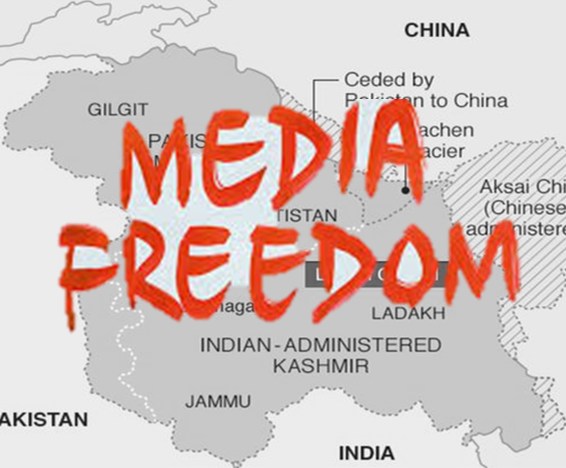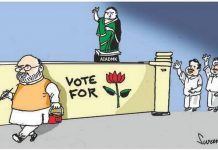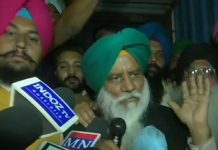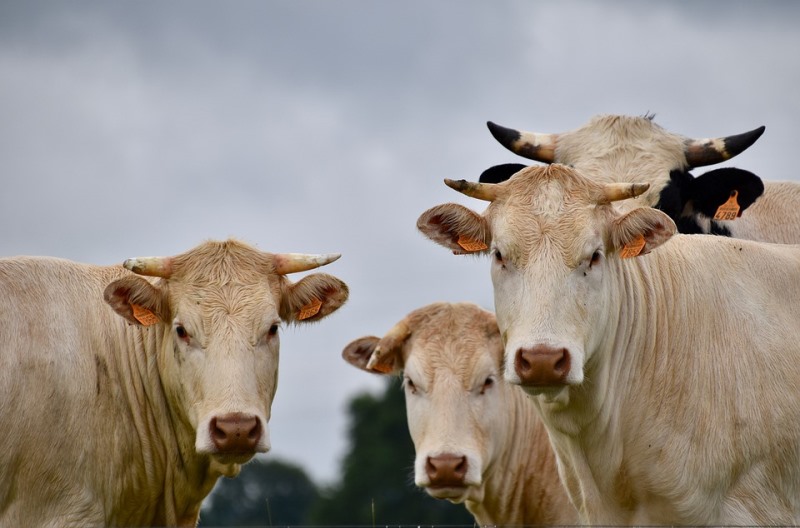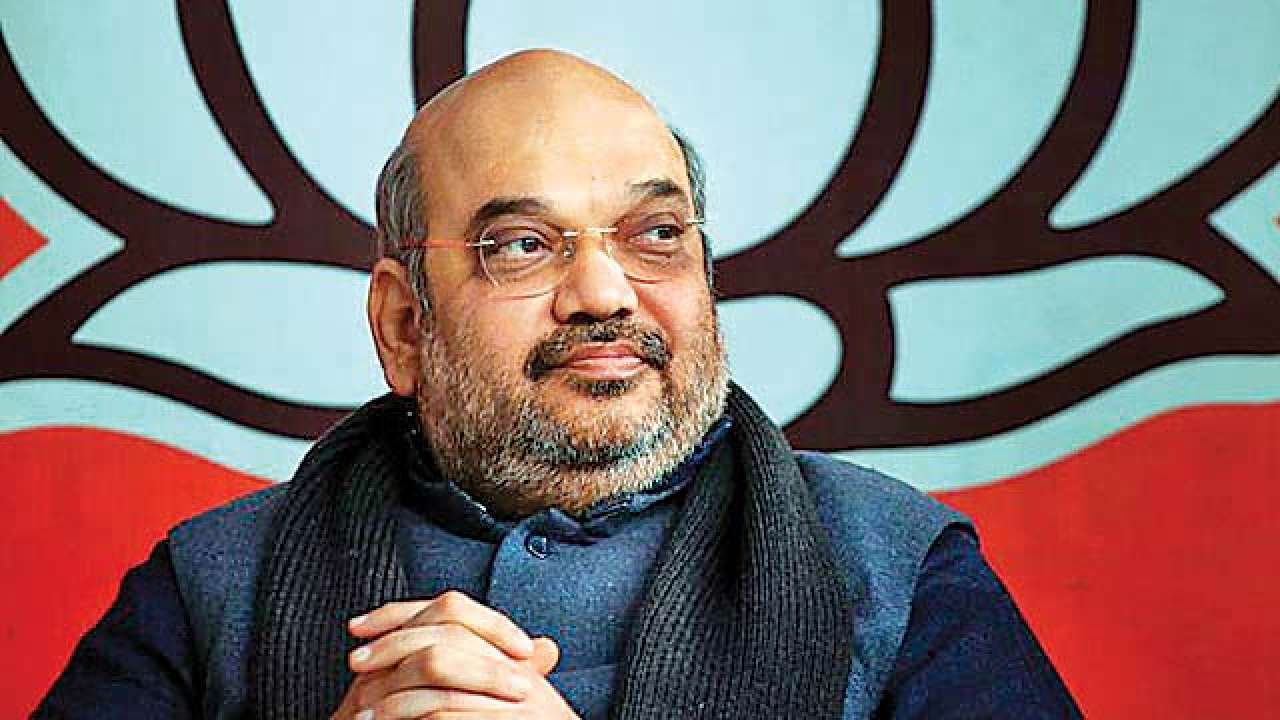PERSPECTIVE
The space for critical thinking and dissenting voices is fast disappearing from the greater public discourse. The awakened citizenry requires journalists who report unheard tales from the oppressed communities and compel us to revisit the truth that often goes unquestioned. Does the growing culture of diminishing dissent suppress this journalistic freedom? Will democracies live if independent journalism is condemned?
Mark Johnson is an Environmentalist and Independent Journalist – based in Pune.
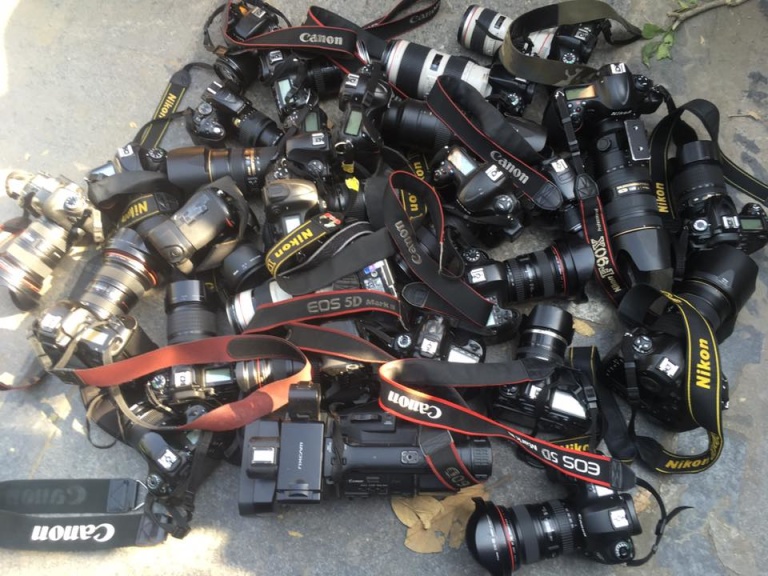
Over the last couple of months we have seen how the challenges faced by journalism as a profession have become more serious. The ruling establishment in all nations has found it difficult to establish a relationship with journalism in particular and the media more specifically which is sustainable and meaningful.
The ambience of suppressing diverse ideas, perspectives and information that may speak on alternative versions of reality is sure to be uncomfortable for people in power. It is important for everyone to acknowledge that journalists are protectors of free information and with the power of their work change the way people relate to their surroundings.
In recent years, the denial of journalistic freedom and the culture of scepticism for journalists are paradoxical for a nation that boasts of being democratic.
In the contemporary world it is the media that for many communities performs the role of the educator and thus inspires people’s perceptions. It is in this circumstance that the role of media and that of unbiased journalism becomes greatly important. Journalism as a vocation is one that transcends the information that the larger masses conceive to be given and probes into the truth that may not be apparent. Journalism as a vocation is not just about covering and reporting information from the most remote corners of the country and lending a power to the most oppressed individuals but it is also a profession that is capable of changing people’s thinking.
Recently we have been observing how journalists are silenced and condemned to retain their calm when injustice and lawlessness are abundant. It is important that our readers rethink some of the bravest journalists who tried to bring into the public perception tales from the most remote parts of the nation and were condemned for doing so. We can count the names of many journalists who have been penalised for speaking their ideas.
Tongam Rina , a journalist from Arunanchal Pradesh was shot outside Arunanchal Timea office in 2012 .Gauri Lankesh was shot dead in September 2017 in context of her radical writings in a Kannada newspaper.
On September 20, Santanu Bhowmik, a reporter was killed in Tripura.The deaths of the reporters Sandeep Sharma in Madhya Pradesh, Navin Nischal and Vijay Singh in Bihar recently have shaken the community.
Further the killing of a reporter in Madhya Pradesh has made us rethink the condition of journalism in India.
It is a fact that the number of media persons killed in targeted assassinations or violence in India with confirmed motives has climbed to 41. The toll, a Committee to Protect Journalists (CPJ) study has revealed, is just from the past 25 years.
The killing of Lankesh has awakened us to the fact that there is not only a shrinking space for free speech but also the enhanced threats that journalists in India face today. The immense pressure from state and non-state actors, oppressive litigation tend to dictate what makes the news and what never reaches the public. The need of the hour is to find out what caused the death of these journalists and to penalise individuals who orchestrated these offences.
The death of journalists in recent times shall be a reason for upsetting all of us because it signifies the decadence of the social order. The need of the hour is to probe and condemn the powers that could not stand their strong voice.
The task of journalism is to illuminate people’s perceptions and enable them to look beyond the apparent reality. It is the work of a good nation-state to protect and care for its journalists as the propagators of truth and award them for awakening people’s minds. In recent years, the denial of journalistic freedom and the culture of scepticism for journalists are paradoxical for a nation that boasts of being democratic.
If we want to build and sustain a culture where people’s ideas, public debate and popular questioning of the given are collective strengths of democratic ethos then it is crucial that the issue of independent journalism is enriched. The death of journalists in recent times shall be a reason for upsetting all of us because it signifies the decadence of the social order. The need of the hour is to probe and condemn the powers that could not stand their strong voice. We must strive for independent journalism to enhance the vibrancy of the collective imagination and to strengthen the accountability of the government. Individuals from all parts of the country must take it upon themselves to protect the free-spirited journalism. Journalists too must abstain from the sensationalism fetish and to take to people issues that alter thinking.
Did you like the story? Go ahead and support the cause of independent journalism. DONATE NOW



